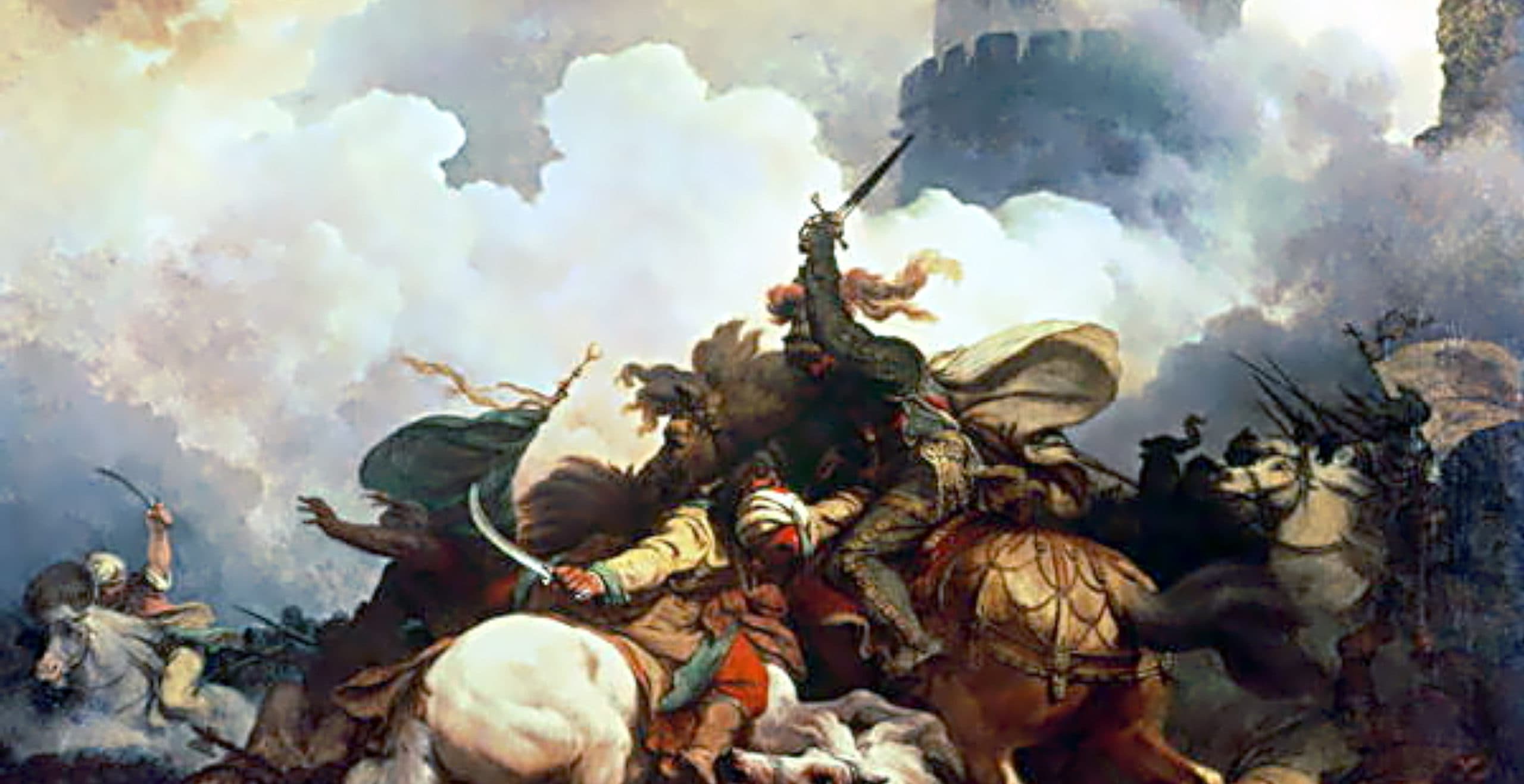
What was the Conquest of Cyprus? The Conquest of Cyprus refers to the capture of the island by the Ottoman Empire in 1571. This event marked a significant shift in Mediterranean power dynamics. Cyprus, previously under Venetian control, became a strategic Ottoman stronghold. The conquest involved intense battles, including the famous Siege of Nicosia and the Siege of Famagusta. These conflicts were brutal, with heavy casualties on both sides. The fall of Cyprus not only expanded Ottoman territory but also weakened Venetian influence in the region. Today, this historical event is remembered for its impact on European and Middle Eastern history.
Key Takeaways:
- The Conquest of Cyprus in 1570 marked a significant shift in the island's history, as the Ottomans took control from the Venetians, leading to cultural and economic changes that still impact Cyprus today.
- Notable figures like Lala Mustafa Pasha and Marcantonio Bragadin played crucial roles in the Conquest of Cyprus, shaping the island's future under Ottoman rule and leaving a lasting cultural legacy.
The Beginning of the Conquest
The Conquest of Cyprus was a significant event in history. It marked a turning point for the island and its people. Here are some fascinating facts about this historical event.
- The Conquest of Cyprus began in 1570 when the Ottoman Empire decided to expand its territory.
- The island was under Venetian control before the Ottomans arrived.
- The Ottomans saw Cyprus as a strategic location due to its position in the Eastern Mediterranean.
- The conquest was part of the larger Ottoman-Venetian War, which lasted from 1570 to 1573.
Key Battles and Sieges
Several key battles and sieges defined the Conquest of Cyprus. These events were crucial in determining the outcome of the conflict.
- The Siege of Nicosia was one of the first major battles, starting in July 1570.
- Nicosia, the capital of Cyprus, fell to the Ottomans on September 9, 1570.
- The Siege of Famagusta followed, lasting from September 1570 to August 1571.
- Famagusta was the last Venetian stronghold on the island.
- The defenders of Famagusta held out for almost a year before surrendering.
Notable Figures
Several notable figures played crucial roles during the Conquest of Cyprus. Their actions and decisions significantly impacted the course of events.
- Lala Mustafa Pasha was the Ottoman commander who led the conquest.
- Marcantonio Bragadin was the Venetian commander who defended Famagusta.
- Bragadin became famous for his brave resistance and tragic fate after the surrender.
- After the fall of Famagusta, Bragadin was executed by the Ottomans.
The Aftermath
The aftermath of the Conquest of Cyprus had long-lasting effects on the island and its inhabitants. The changes brought about by the conquest were profound.
- Cyprus became part of the Ottoman Empire and remained so for over three centuries.
- The conquest led to significant demographic changes, with many Venetians leaving the island.
- The Ottomans introduced new administrative and social systems to Cyprus.
- The island's economy shifted, focusing more on agriculture and trade under Ottoman rule.
Cultural Impact
The Conquest of Cyprus also had a significant cultural impact. The blending of different cultures left a lasting legacy on the island.
- The Ottomans brought Islamic culture and architecture to Cyprus.
- Many churches were converted into mosques during Ottoman rule.
- The conquest influenced the island's cuisine, introducing new flavors and dishes.
- The Ottoman period saw the construction of several important buildings, including the Büyük Han in Nicosia.
Legacy and Historical Significance
The legacy of the Conquest of Cyprus is still evident today. The event remains a significant part of the island's history and identity.
- The conquest is remembered as a pivotal moment in Cypriot history.
- It marked the end of Venetian rule and the beginning of a new era under the Ottomans.
- The event is often studied by historians to understand the broader context of Ottoman expansion.
- The Conquest of Cyprus is depicted in various works of art and literature.
Modern Reflections
Today, the Conquest of Cyprus is reflected upon in different ways. It continues to be a topic of interest and discussion.
- The event is commemorated in Cyprus through various historical sites and museums.
- Scholars continue to research and write about the conquest, offering new insights.
- The Conquest of Cyprus is often included in educational curricula to teach students about the island's history.
- The event is sometimes referenced in discussions about Cyprus's current political situation.
- The legacy of the conquest can be seen in the island's diverse cultural heritage.
The Lasting Impact of the Conquest of Cyprus
The Conquest of Cyprus left a significant mark on history. It reshaped the political landscape of the Mediterranean and influenced trade routes for centuries. The island's strategic location made it a valuable asset for various empires, including the Venetians and Ottomans. This conquest also brought cultural exchanges, blending different traditions and customs. The architectural marvels from that period still stand today, attracting historians and tourists alike. Understanding this event helps us appreciate the complexities of historical conflicts and their long-term effects. The legacy of the conquest continues to be felt, reminding us of the ever-changing nature of power and influence. By studying these events, we gain insights into the past, helping us navigate the present and future with greater awareness. The Conquest of Cyprus remains a pivotal chapter in the annals of history, offering lessons that resonate even today.
Frequently Asked Questions
Was this page helpful?
Our commitment to delivering trustworthy and engaging content is at the heart of what we do. Each fact on our site is contributed by real users like you, bringing a wealth of diverse insights and information. To ensure the highest standards of accuracy and reliability, our dedicated editors meticulously review each submission. This process guarantees that the facts we share are not only fascinating but also credible. Trust in our commitment to quality and authenticity as you explore and learn with us.
